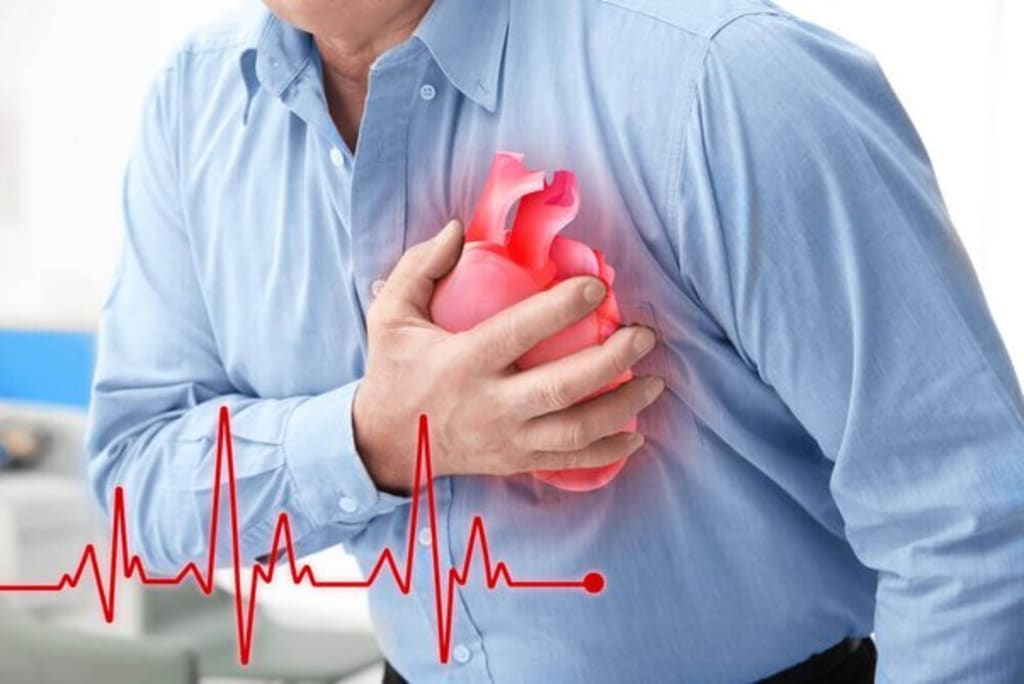My observation
10 sensible ways to know the genuine minds of people you met for the first time; When we are meeting someone for the first time, we are burdened with information. It can be difficult to know what kind of person they are. That’s why it’s important to communicate with a clear understanding. According to experts, 55% of what we convey comes from body language, 38% from the tone of voice, and only 7% from what we actually say. This means that when we meet someone for the first time, we have to take into account these three factors, in addition to what a person’s appearance may suggest. So, if you want to have a good understanding of someone’s personality when you first meet them, pay attention to the following clues—starting from the head down! Number 1: Eye Contact They often say that the eyes give light to the soul. The key to knowing which kind of eye contact someone is giving you is to consider the context. For instance, if a person steadily gazes at you, it could mean there’s an interest. On the other hand, when you look into someone's eye and he can’t look back at you, it’s a sign that he is either nervous or he has something else in mind,if you’re talking with someone whose look makes you uncomfortable, especially if he's steady and not blinking, something is definitely wrong, Number 2: Eyebrows: If you want to see how comfortable a person is, take a look at their eyebrows! There are three main emotions that make one's eyebrows go up: these are surprise, worry, and fear. Always raise your eyebrows when you’re having a conversation with a friend. An uncomfortable conversation can cause fear, worry, and surprise looks. Number 4:one can smile when it comes to smiling, the mouth can lie, but the eyes can’t. Genuine smiles reach the eyes, People often smile to hide what they’re so to know if a smile is genuine, look for crinkles at the corners of their eyes. If they aren’t there, that smile is hiding something! Number 5: Number Side Glance People who are warm and open to meeting you will have their bodies facing you, and they will look you in the eye. On the flip side, if you’ve just met someone and they immediately glance away to the side, this is a subconscious body language sign that means they are looking for an escape. Number 6:Frequent nodding Nodding is usually a sign that someone agrees with you. But When you’re telling someone something and they nod excessively, this means that they are worried about what you think of them or that you doubt their ability to follow your instructions. On the other hand, frequent nodding could also be unconscious gestures that are cues for the other person to get a move on, just like when a person keeps looking at their watch or touches their car keys. Number 7:Posture How someone carries themselves can give you some indications about their self-confidence. For example, if someone is walking upright with their shoulders back and looking straight, that gives an indication that they feel good about themselves and have confidence. However, if someone is slouching over and looking at the ground when they walk, that gives a much different impression. It may not necessarily mean that they have low self-esteem, but that’s the message it gives Number 8:Rubbing hands It is believed that the hands broadcast what the head is thinking. When a person is rubbing their hands together, it generally means that they have a positive feeling about something. People usually do this when they are hopeful about something good coming up in the future and they’re excited about it. Number 9:Handshake You can tell a lot from a person’s handshake. Soft and flabby, and they are likely to be submissive or a pushover. They are too hard and crushing, and they are possibly domineering types. The length of time is also important. Too long, and it’s weird, but too short could indicate some form of conflict. It’s possible that the person does not want to make a deep connection with you. But it could also mean that they don’t have much time. Number 10: Leaning In or Away If a person leans in towards you, it’s a clear indication that they are interested in you. What you might not know is that it’s also a sign of respect. When people come closer and lean in toward you during a conversation, it shows that they want to confide in you. It makes you feel trustworthy and valued. If someone leans back, however, they show that they are tired of the conversation, or perhaps they feel uncomfortable for some reason. . Number 11: Crossed Arms and Legs Have you ever had a conversation with someone who crossed their arms or legs while you were talking to them? If you’re on a first date or if you’re trying to pitch someone a new idea, it’s not a good sign. Crossed arms and legs are physical barriers that suggest the other person is not open to what you’re saying. Even if they’re smiling and engaged in a pleasant conversation, their body language tells the story. Psychologically, crossed legs or arms signal that a person is mentally, emotionally, and physically blocked off. On the same note, the direction of someone’s feet is also quite revealing. A person who likes you will have both feet facing in your direction. However, if their feet shift towards the door, it means they’ve had enough and want to leave. Number 16: Shoes: A person’s shoes can tell you a lot about their personality. Apparently, we all make judgements about people’s shoes, but studies show that they are pretty accurate. Nervous people will have new or very clean shoes. Amiable types will wear practical shoes. Calm people have an affinity for uncomfortable shoes. And aggressive people wear ankle boots. Just take a look at your own shoes. Does your personality type fit in with them? Number 17: Overall Appearance How someone dresses and presents themselves can say volumes about them. If the person has their hair in place, their clothing pressed, and they show attention to style, they may be very detail-oriented. Someone with a more casual wardrobe or “bed head” might be creative or just mercy and many more.with this little tips you will be able to detect someone around you. Thanks for reading and remain blessed.






Comments
There are no comments for this story
Be the first to respond and start the conversation.